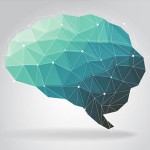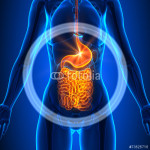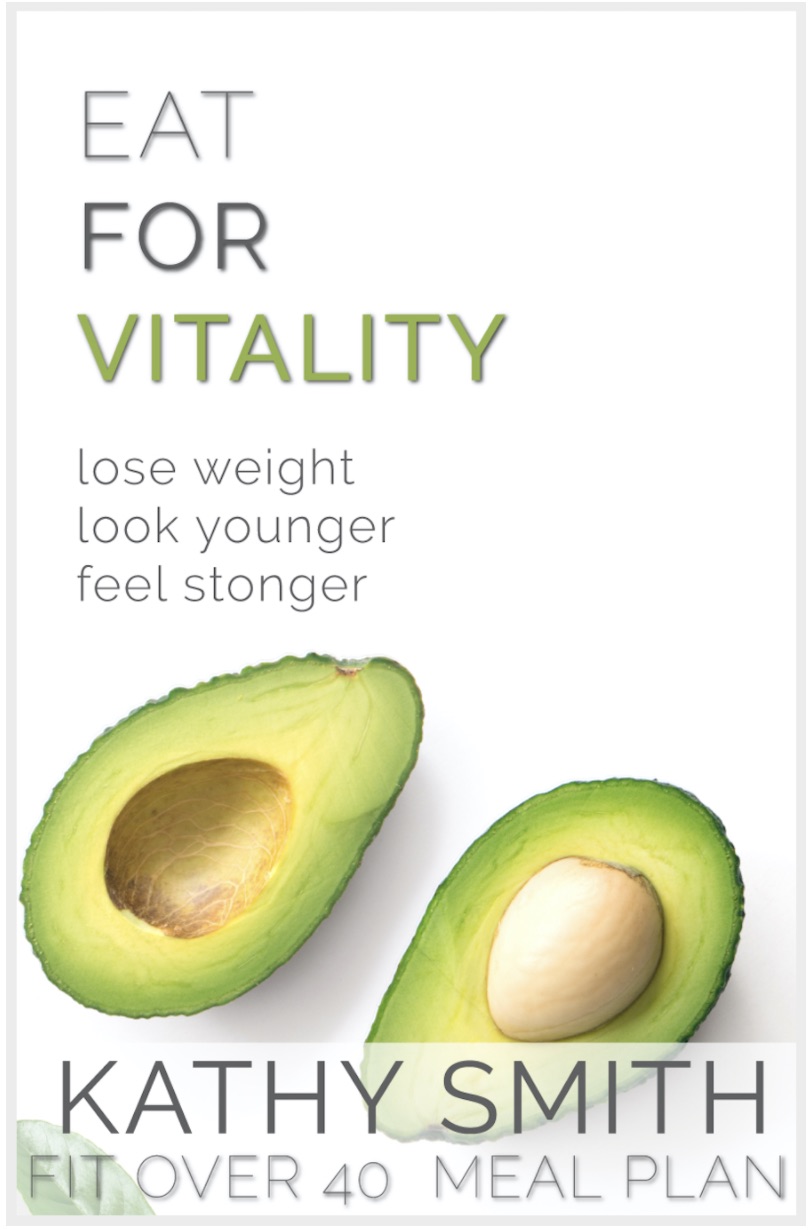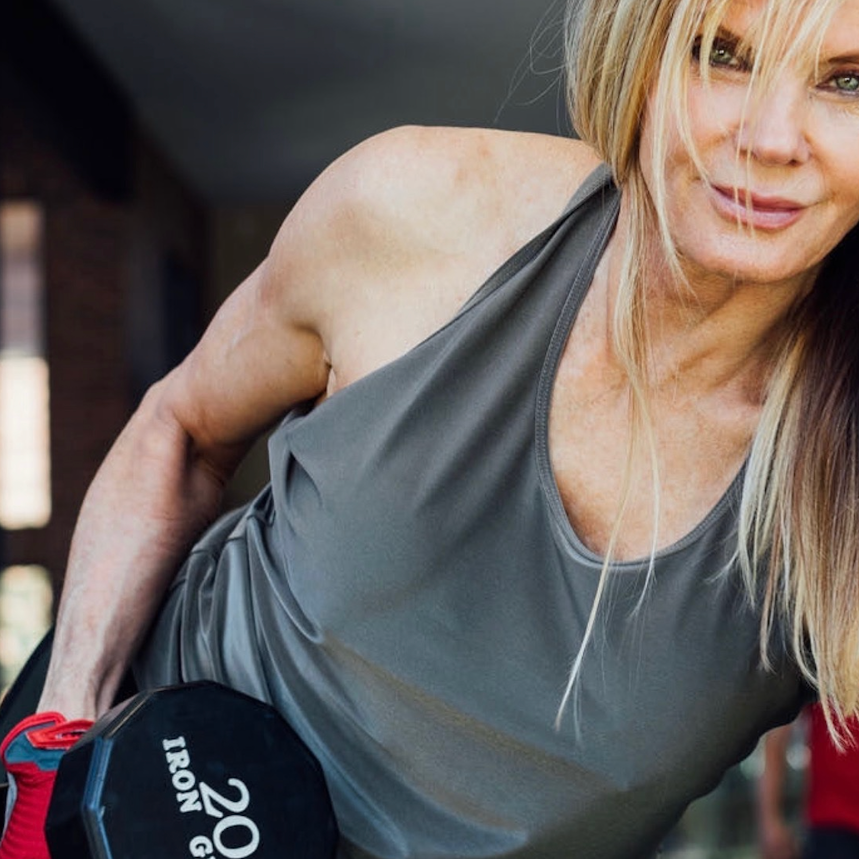The 5 Worst Foods For Your Brain
Kathy Smith:Let’s shift to food. I know there’s this food/mood connection. I’m sure there’s times we’ve all experienced it – when you eat something and you feel more alert, you feel more energetic. Then, there’s times when you have meals or many days in a row you’re eating certain types of foods and you start to feel lethargic, sluggish but also kind of scattered in your thoughts. What is the connection between food and how our brain works?
Daniel Amen: It’s actually interesting that if you have a simple carbohydrate-based diet – bread, pasta, potatoes, rice, sugar – it actually is an anti-depressant initially, because when you raise insulin levels, it drives serotonin into your brain and, short-term, you really like it. It makes you feel better.
The problem is when you raise insulin, it’ll end up lowering your blood sugar and an hour later, you’re going to feel spacy and tired, not to mention that a simple carbohydrate-based diet is associated with diabetes, obesity, inflammation, depression and dementia. So, short-term benefit, big, long-term problem.
So, I’m like why don’t we put people on a brain-healthy diet, which means protein and healthy fat at every meal because it stabilizes your blood sugar, it decreases cravings and, then, lots of colorful fruits and vegetables with about three times the number of vegetables than fruit because fruit can be loaded with sugar as well. If you think of a plate with 70% plant-based foods, 30% high-quality protein, mix in a lot of healthy fats – think of avocados, nuts, fish, healthy oils. With that diet, you will think better, you will feel better and it will enhance your health over a long period of time.
Kathy Smith: Are there certain foods that you say are no-nos. Stay away from these. These definitely impact your brain negatively.
Daniel Amen: I’m not a fan of gluten, because there are just too many people who are sensitive to it. Even if you don’t have celiac disorder, gluten has been shown to actually cause ulcerations in your gut. When I put my patients on gluten-free and then dairy-free diets, they do so much better. I learned that first with autistic kids. My first kid, I put on a gluten-free, dairy-free diet because I had read about it. All of a sudden, the next week, he had 100 words. It was unbelievable the difference.
I’m not a fan of dairy, because most because most American dairy is raised with antibiotics and hormones. Seventy percent of the antibiotics in the U.S. are not given to people. They’re given to livestock, which means you eat whatever the animals you eat ate or what the plants you eat absorbed. That’s why it’s important to stay away from things raised with antibiotics, hormones or pesticides.
I’m not a fan of corn. I wish I was because I love corn on the cob. But it doesn’t love me back, which is something we talk about in The Brain Warrior’s Ways. You only want to be in love with something that loves you back. Eighty-five percent of the corn produced in this country is raised with pesticides. In addition, it has a very unhealthy fatty acid profile – the worst of any grain. Corn is not a vegetable. It’s a grain. When corn dies in the field and goes into the ground, it actually kills everything around it. So, if I had my way, I would eliminate gluten, dairy, corn. People are going, “What is there left to eat?” Ten thousand things. It’s amazing how much you can eat.
We were lied to. Actually, the government got involved in it. I don’t know if you read recently in the 60s, the sugar industry actually suppressed data showing that it was sugar that caused heart disease, not fat. Fat was demonized. Because of that, it was replaced in our diet with sugar, and obesity and heart disease just skyrocketed.
Kathy Smith: Oh, boy. I remember that time so well. Every label was low fat – low fat this, low fat that. You’re right, it was replaced with everything from the high fructose corn syrup to everything else they put in it. We started seeing a shift in our bodies, our weight and, as you’re saying, in our brains.








